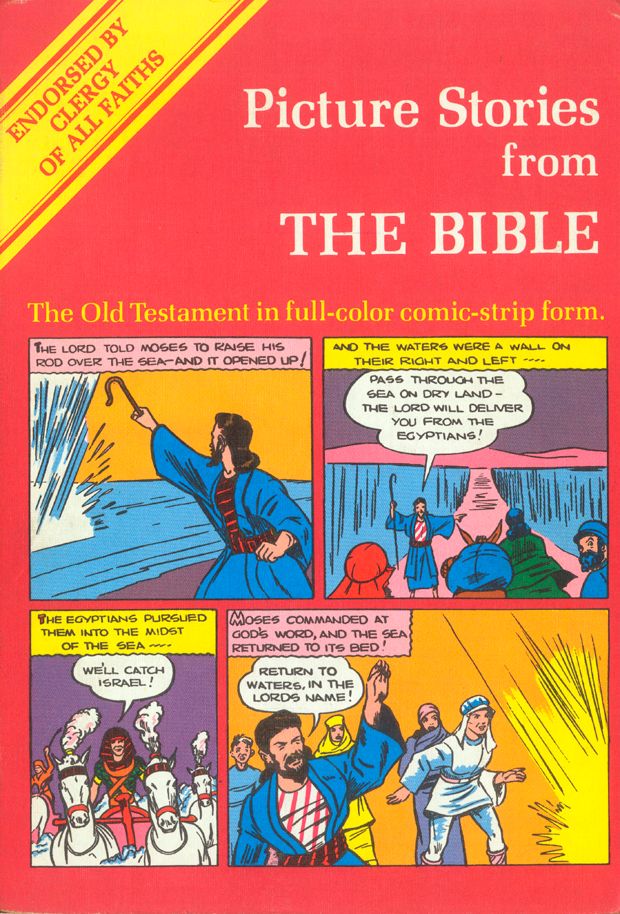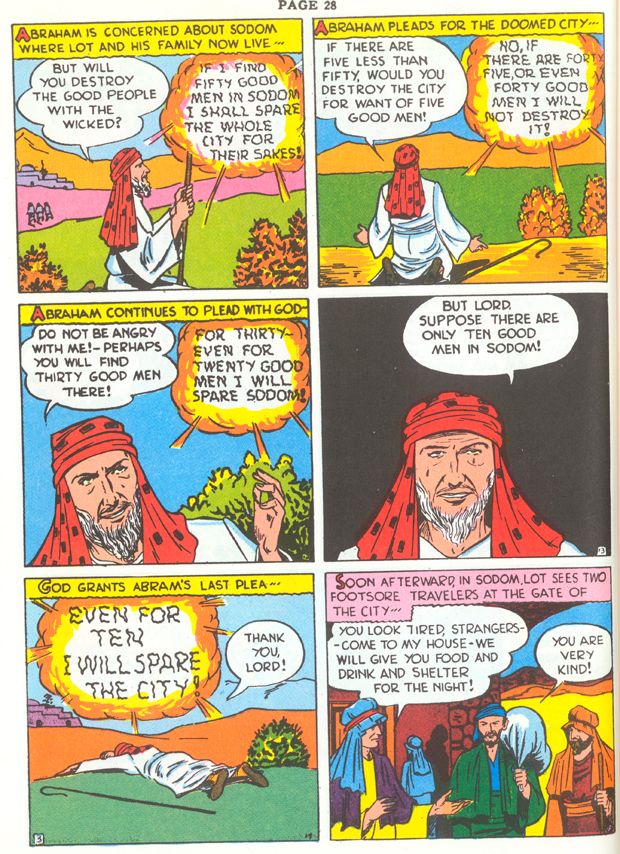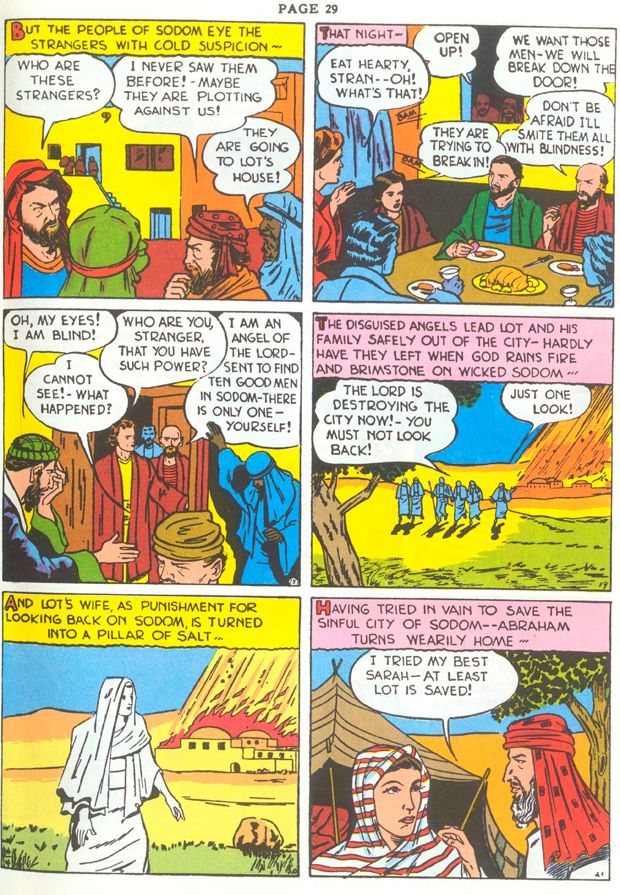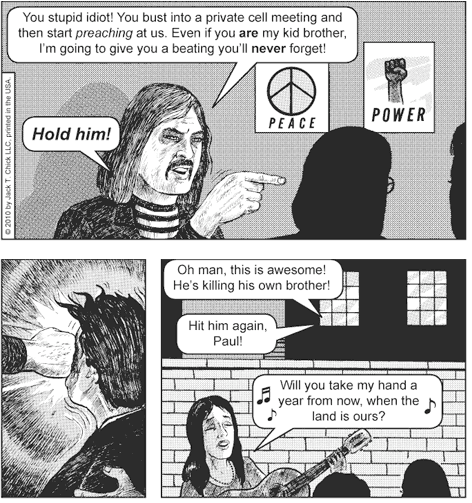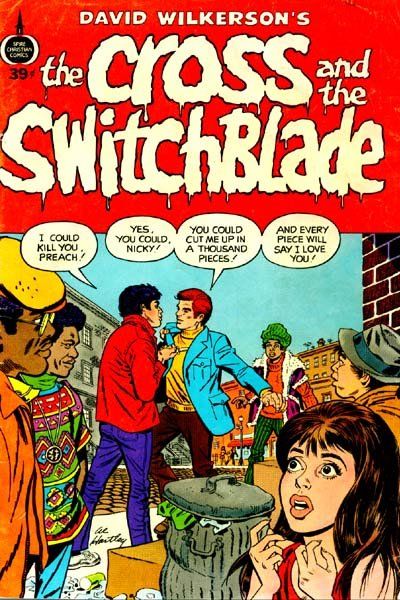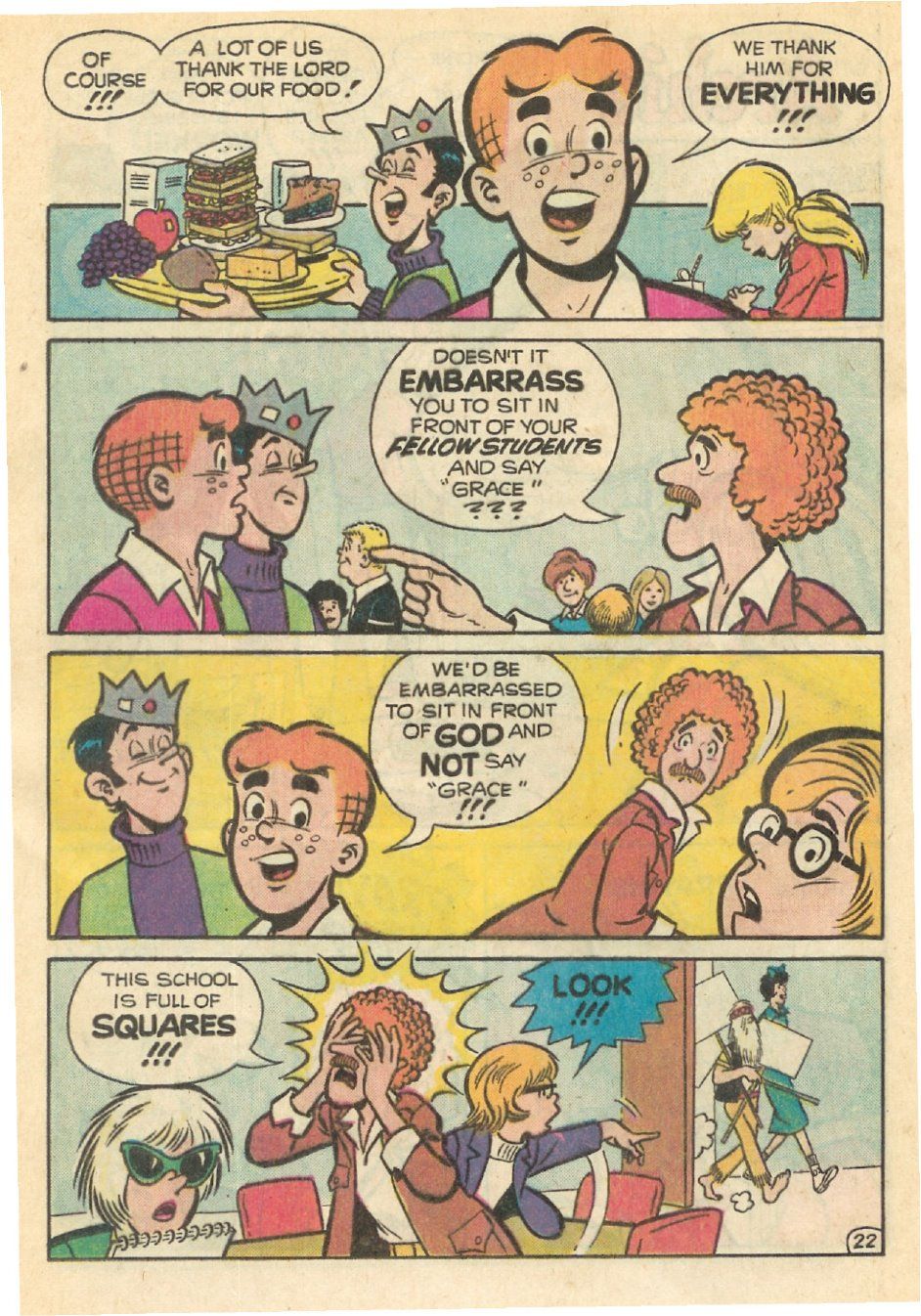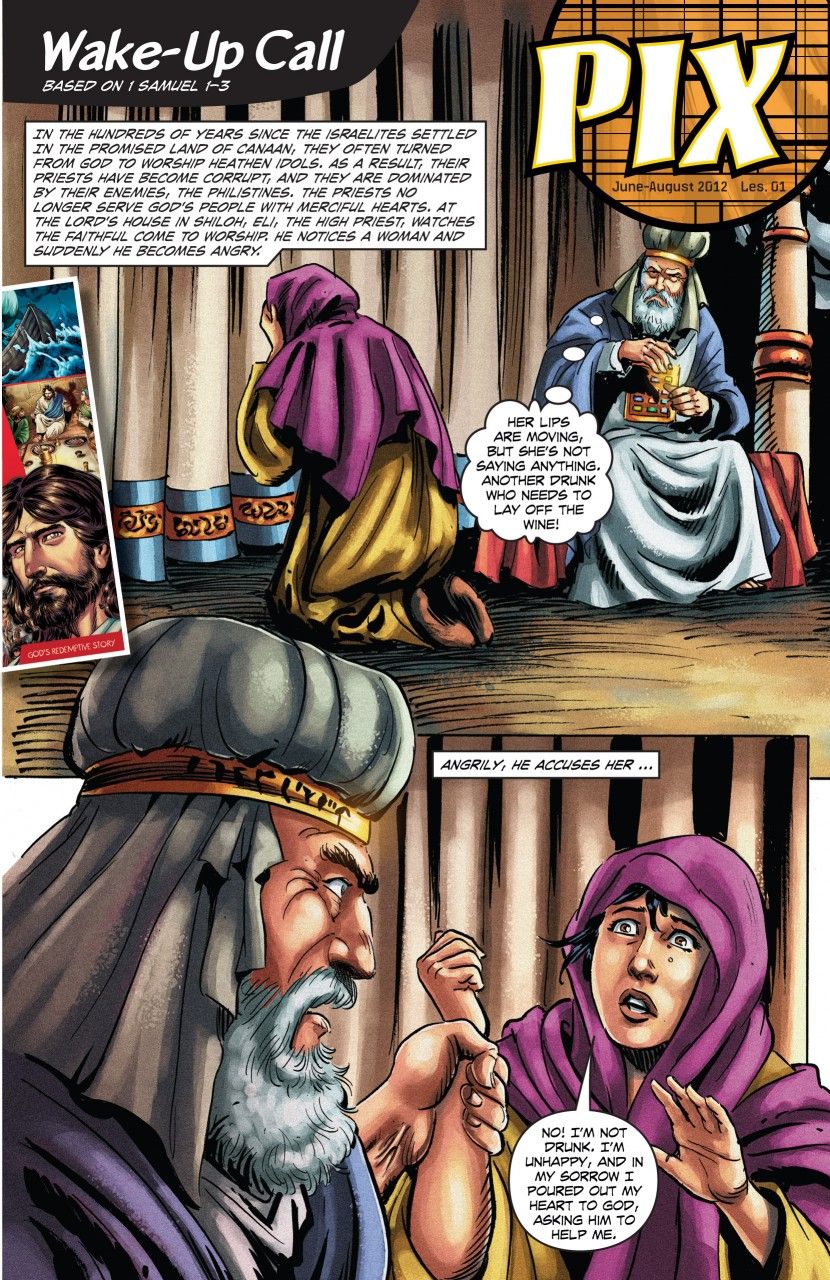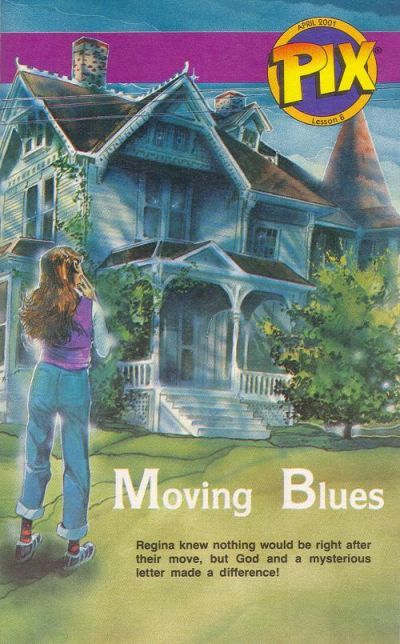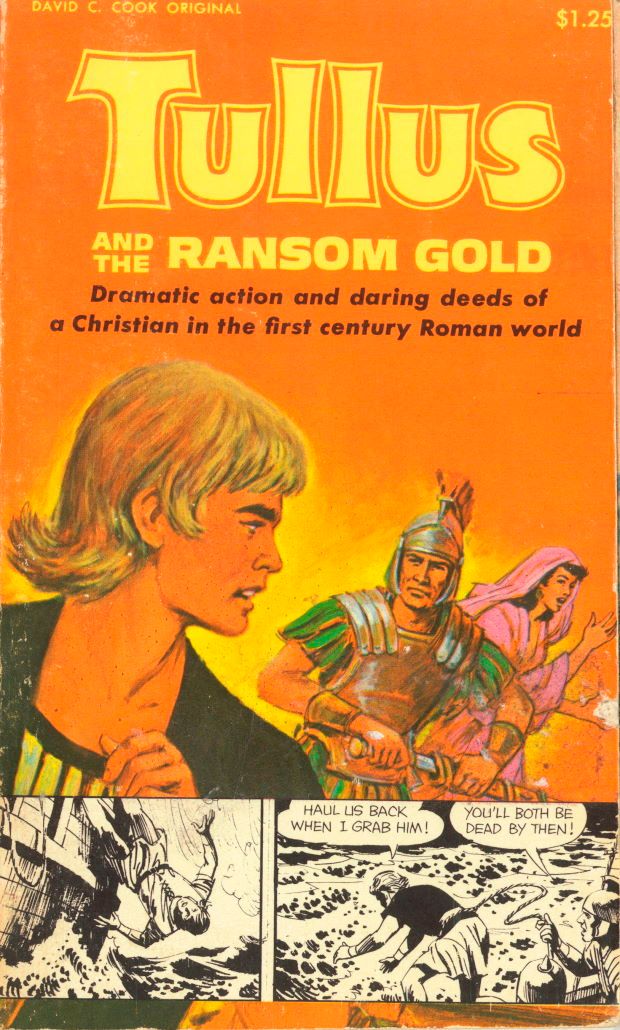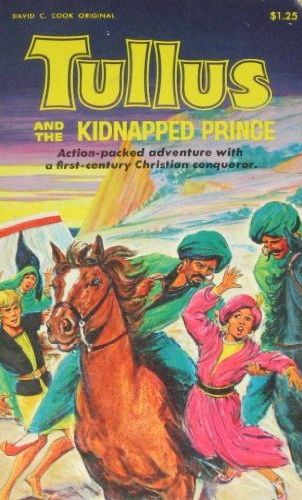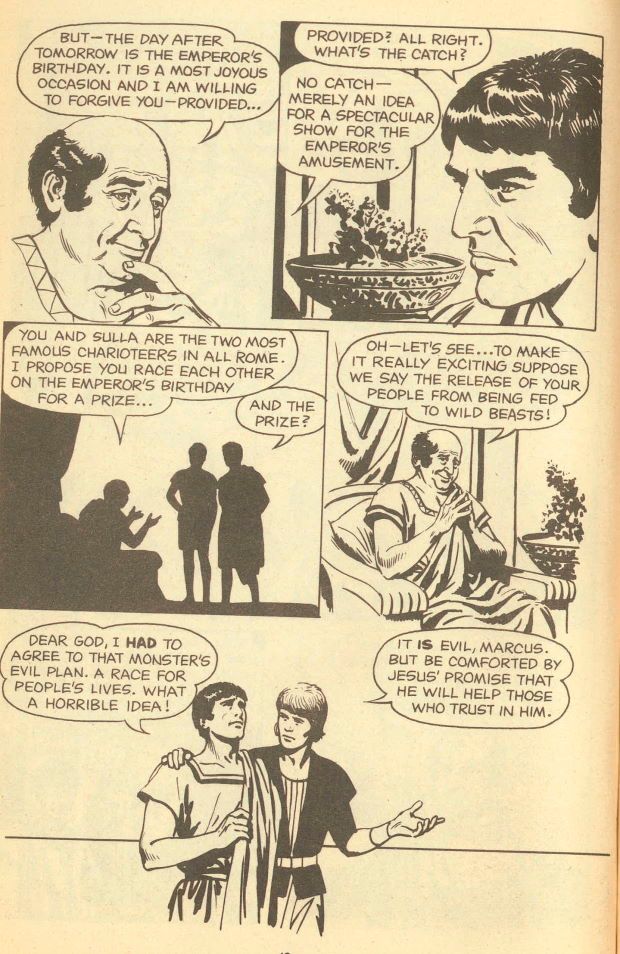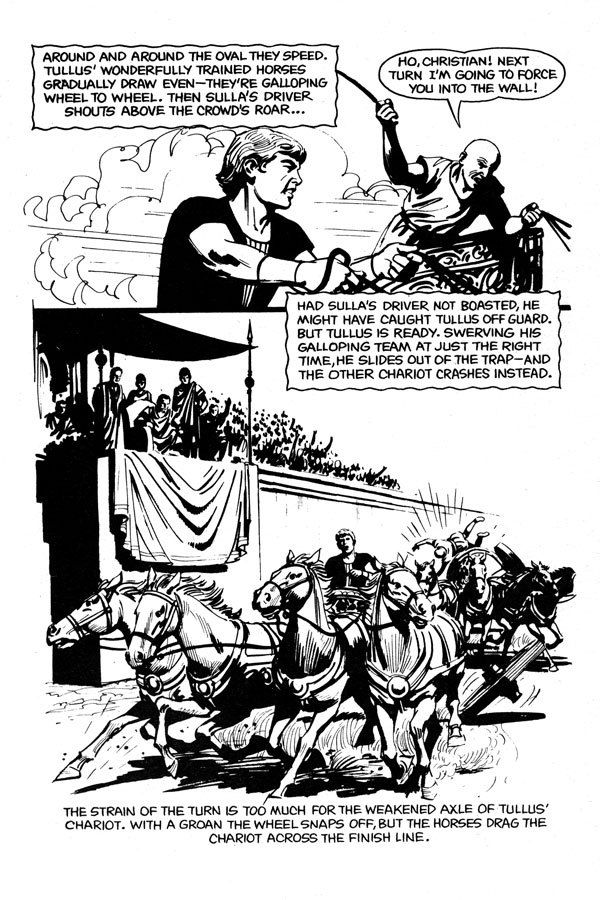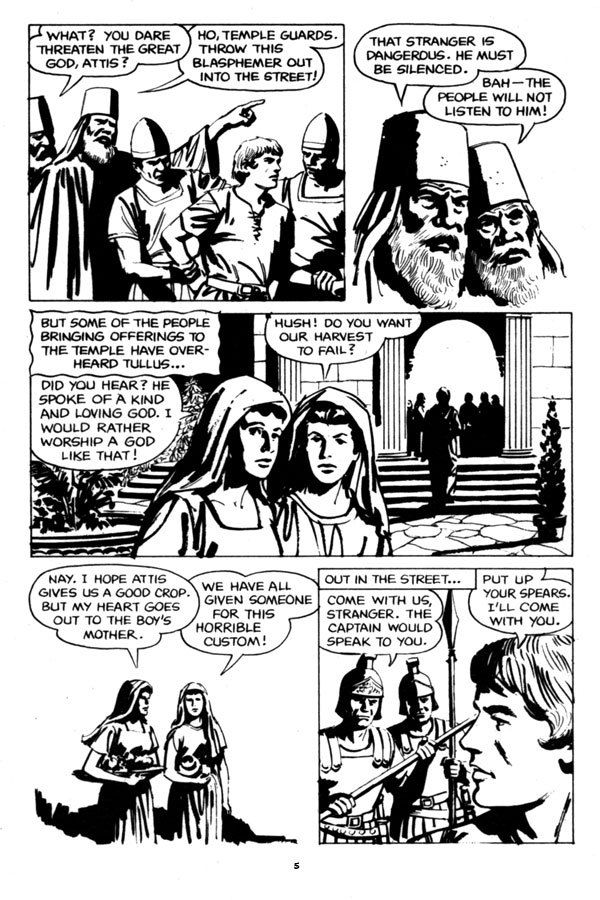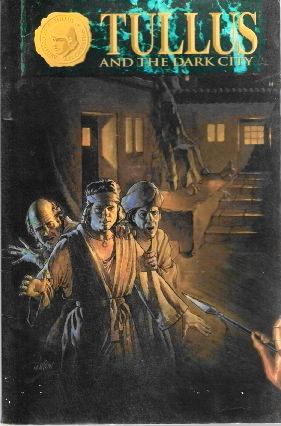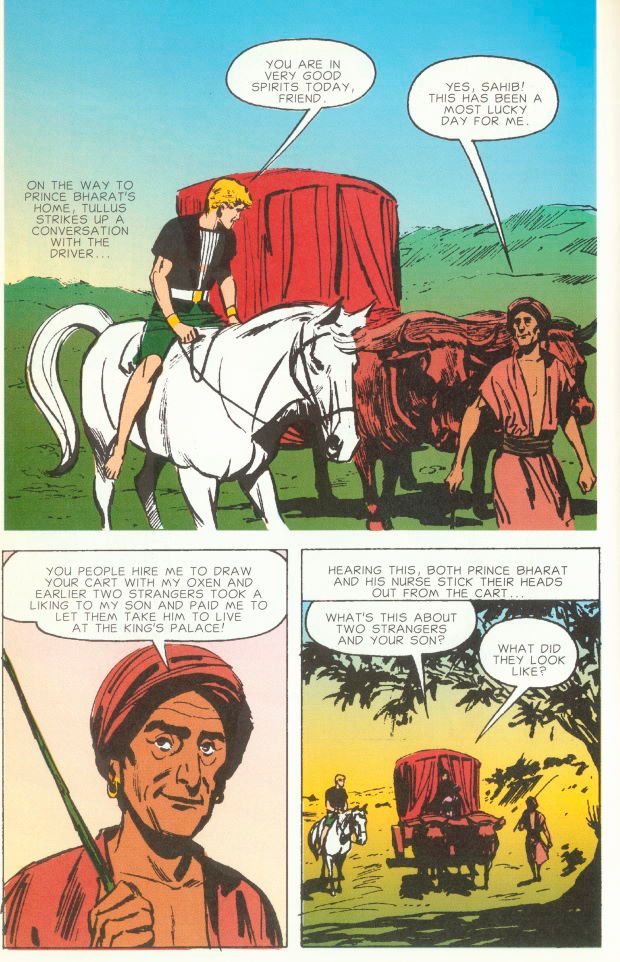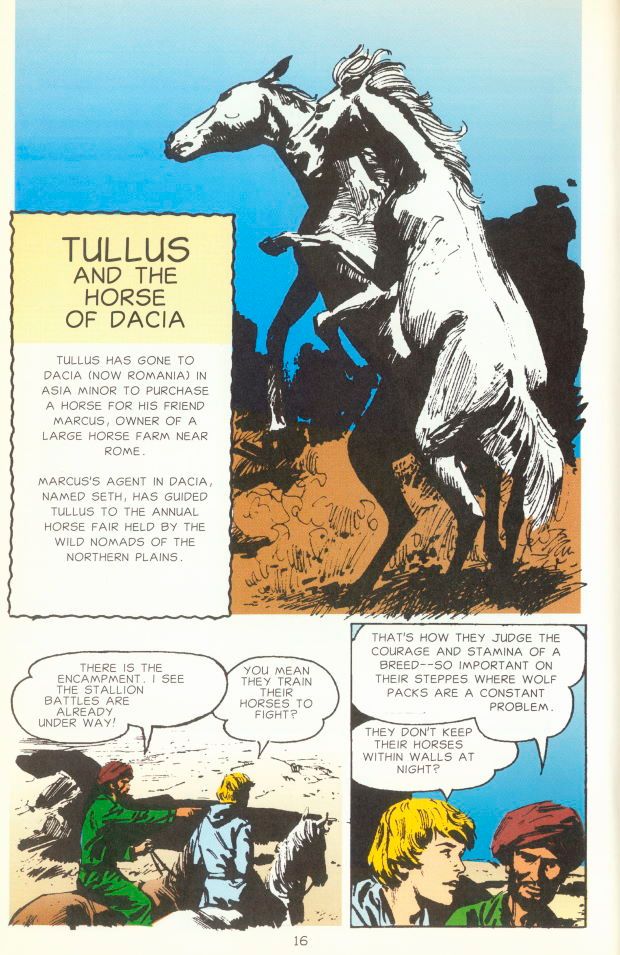I've talked here pretty often about my first superhero comics, the DC Giants of the late 1960s. But I was reminded not too long ago that those weren't my actual FIRST comic books. No, those I got... in Sunday School.
I hadn't thought about this in years. Decades really. It's been a long time; I've racked up lot of sins since I was in Sunday School.
But Julie brought home a book from Goodwill not too long ago that unlocked a flood of memories.
"I just thought it looked interesting," she said. "And maybe you could get an article out of it."
I flipped through it, muttering. "Hmp. Never saw this one before. The ones I remember from Sunday School were more.... polished."
"Is it worth anything?"
I shook my head. "Doubtful. it's more of a curiosity really... the comics look like something from the forties, but the copyright's 1973-- Oh, wait a minute."
At seeing me perk up, Julie perked up. "What?"
"The original copyright's here too. M.C. Gaines, 1942. I'll be damned." I looked up at my bride, who was patiently waiting for me to explain. "Sorry. What you found here is an odd little piece of comics history, or at least a reprint of it. M.C. Gaines was one of the first guys to publish comic books-- I think he actually invented the format, saddle-stitched booklets off a web press. He mostly did comics like this, historical and educational things, stuff that was supposed to be good for you. He died in a boating accident in 1947 and his son Bill took over the comics publishing. And Bill Gaines, who'd always been kind of a rebel, went from doing stuff like this to EC's Tales From The Crypt and all the other horror books that got Congress all freaked out, and all that eventually led to MAD Magazine. But this is where it started. EC stood for 'Educational Comics,' once upon a time. I've read about these Bible comics-- every comics historian knows about them-- but I've never seen them before. These Scarf Press people must have bought the rights from Gaines back in the seventies."
Julie was pleased at finding something of historical interest, but it had awakened a memory of my own Sunday School days that kept buzzing around in my head like an errant mosquito. What were the Bible comics we used to have back then?
It wasn't the Gaines stuff. There had been a series of original stories about some sort of missionary with orange hair. A serial in the booklets they used to give us. I had vivid memories of what the comics looked like-- even at six, the printed page made much more of an impression on me than real life-- but the name kept floating just out of my grasp.
I took to the internet and asked a couple of friends of mine who work in the Christian press. They thought I was losing my mind. Church comic books? was the incredulous reply I kept getting.
Oddly enough, my comics friends were more open to the idea, but they didn't know anything either. The two suggestions I kept getting were the two things I was certain it wasn't. It sure wasn't Jack Chick...
No way were Chick's tracts, seething with twitching paranoia and sweaty hatred, the comics being handed out to kindergarteners at our staid little suburban church. Those nasty little booklets are pure nightmare fuel. Even looking at them now, as an adult, they creep me out.
A better guess was that it was something from Spire or Logos Comics.
For a time there in the early 1970s both The Cross and The Switchblade and Run Baby Run were fixtures in many suburban Sunday Schools. I did remember having a copy of Run Baby Run. (Growing up as I did in Lake Oswego, Oregon, one of the whitest places in North America this side of Stepford, Connecticut, it never occurred to me to wonder why everyone in the story of a Hispanic kid's inner-city gang experience was drawn to look so Caucasian.)
But those weren't the comics I was thinking of, either. They weren't actually comic books-- they were serialized comics stories in some sort of weekly kid 'zine. I walked this around for about a week, trying to remember and failing, getting increasingly annoyed about it. It was an itch I couldn't scratch.
And, as usual, the day I gave up and quit thinking about it, the memory bubbled up out of nowhere, unbidden. I was binding a bunch of textbooks down at the printshop, mind wandering hither and yon, thinking of nothing in particular, when suddenly I saw a vision of one of those old Sunday-school booklets sitting on the dark pine table in the kid's room in the old Oswego church on Country Club Road. After a week of trying to remember and nothing, it was just there, clear as a photograph. The title was Pix.
Sometimes it's like that. I looked it up on the net and sure enough, that's what it was.
Sunday Pix, to my mild amazement, has been around since the forties and is still being published.
But it's not nearly as popular as it used to be; its heyday was from the late 1940s to the early 1970s, it was much heftier then. It had prose stories and activity pages, but it was primarily publishing comics.
And I soon discovered who my orange-haired adventurer was. That was Tullus, the creation of one Joseph Hughes Newton, back in 1943.
Youthful me had thought the Tullus comic strip was pretty cool for a Sunday-school handout, and certainly the comics are the only part of the experience I remember with any fondness, forty-five years later. So naturally I wondered if the strip was available anywhere.
Back issues of Pix go for insanely high prices on eBay and Amazon-- anywhere from 15 to 30 dollars for sixteen pages. But the Tullus comics, the only part of the magazine I was really interested in, had been reprinted in a number of paperbacks and those, to my great delight, have no collector interest at all. I invested roughly five dollars total and soon had four Tullus collections on their way here.
And you know what? As it turned out, they were pretty good.
There were two different sets of reprints. The first two books to arrive were smaller, 1970s-era paperbacks-- standard paperback size, like the old spinner-rack Peanuts or Wizard of Id collections.
The interiors were in black-and-white, standard for the time, and each book reprinted three or four complete stories. I didn't actually remember any of them but I was still pleased to have them complete... the old Pix serialization used to drive me nuts because I could never keep up. (Even in kindergarten I wanted my comics in a complete run.)
The stories usually feature young Tullus ambling around the Roman-governed Middle East, visiting friends who inevitably are in some sort of jam-- often it's the oppressive Roman local magistrate who's up to no good-- and Tullus has to try and bail his friends out. Interestingly, there's not really very much proselytizing. Sometimes he'll say a prayer first, but the plots of the stories never hinge on repentance or divine intervention. Tullus is a good Christian and doesn't use violence, but he does use his wits and courage, and often wins by out-maneuvering the villain somehow.
The reason six-year-old Greg responded to the original Tullus strips in Pix wasn't hard to suss out once my package arrived and I was looking at the books. The art has a real DC Silver Age look to it. Apparently I was destined to start as a DC comics fan before I even knew what DC was.
There are no credits anywhere in the books, which is really irritating. It took me a fair amount of research even to uncover some possibles for the writer and artist on any of these-- though I was able to rule out Joseph Newton almost immediately. None of the stories in these black-and-white collections are by the strip's creator, I feel sure. These paperbacks from the seventies are reprinting what Cook considered the current stuff, and by then Mr. Newton had long since relinquished his creation to other hands without getting so much as a Created By. Despite their Christian content, Cook Publishing was as ruthless about doing everything work-for-hire as any other comics publisher of the time, apparently.
No, by this time-- late sixties, early seventies-- the comics in Pix were all being packaged by Al Stenzel's studio, who was also packaging the comics section of Boy's Life and a bunch of advertising stuff as well. If you were a kid in 1969 sooner or later you ran into a Stenzel magazine comics page, whether it was in school or in church.
Stenzel had a bunch of guys in his stable that also worked for DC-- one of them was Irv Novick, and I can't be sure but I'll bet he drew SOME of the stories in these collections. Lou Fine and Tom Sawyer did work for Stenzel as well. But I don't have a good enough eye to pick anyone out for sure, especially when they're working in a house style like Stenzel's.
The other Tullus collections were put together in the 1990s with the interiors in full color. They're also larger, prestige-format comics, featuring new covers by Dave Dorman and David Darrow. (Those at least got credited. Still nothing for the actual comics inside, though, which leads me to speculate that probably nobody's left at Cook that actually knows; it was over forty years ago, after all.)
These are much nicer packages overall, but the stories themselves aren't as engaging. The plots are much thinner and the art isn't as good.
Beyond that, I can't tell you much more. I don't know that I'd call these good-- the Stenzel-packaged stuff is much better, certainly. My hunch-- and it is strictly a hunch, there's no copyright anywhere inside the book other than the 1993 edition's required information-- is that these color books are reprinting earlier stories, probably from the fifties.
There's no information anywhere on the net that I can dig out, other than what I've told you. Comics historians, for the most part, are writing about Marvel and DC. There are a few more writing about Golden and Silver Age superhero books from other publishers, and a few others writing about syndicated newspaper strips. But when it comes to oddities like these, there's next to nothing. I'm pretty sure I've written more about Tullus and his adventures here today than everyone else on the internet combined... and it's annoying to have to sum it up by admitting that I don't know that much about the people behind those comics, and that probably no one else does either.
Still, I enjoyed revisiting those stories and it's nice to have them here. As my wife guessed it would when she brought home that hardcover comics Bible, it did indeed turn into an interesting little mystery for me... and it looks like I did get a column out of it.
See you next week.


